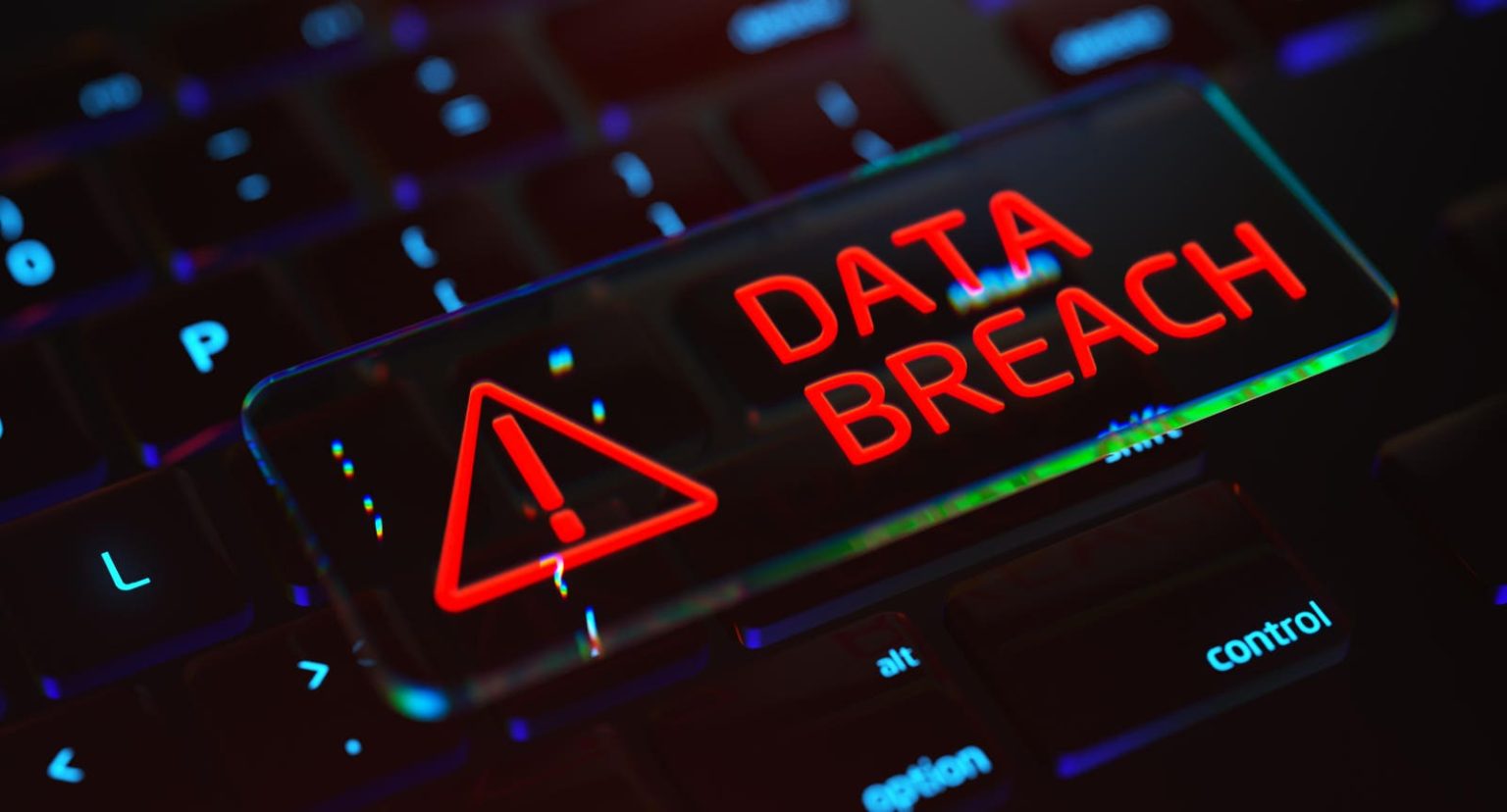The healthcare giant Ascension, operating 140 hospitals and 40 senior care facilities nationwide, recently disclosed a significant data breach affecting nearly 5.6 million patients and employees. The breach, originating in May 2024, stemmed from a sophisticated social engineering attack where a ransomware gang successfully tricked an Ascension employee into downloading malware. This malicious software granted the hackers access to a vast trove of sensitive data, potentially including medical records, financial information, insurance details, government identification numbers, and other personal identifiers. While Ascension assures that the core Electronic Health Records (EHR) system remained untouched, the compromised information still presents a substantial risk of identity theft and fraud.
The stolen data represents a goldmine for cybercriminals. Medical information, coupled with financial and personal details, provides the necessary ingredients for a range of malicious activities, from opening fraudulent accounts to filing false tax returns and even compromising medical care. The Dark Web, a hidden part of the internet often used for illicit transactions, becomes a marketplace for this stolen data, where health insurance information can fetch hundreds of dollars and credit card details are sold for significantly less. The breadth of the compromised information underscores the vulnerability of individuals in the face of such sophisticated attacks.
Ascension has initiated the process of notifying affected individuals and is offering 24 months of identity theft protection services, including Dark Web monitoring. This monitoring service aims to detect whether the stolen information is being actively traded or used for illicit purposes. While these measures offer some mitigation, they cannot fully erase the risk or the potential long-term consequences for victims. The incident highlights the growing challenge healthcare organizations face in safeguarding patient data against increasingly sophisticated cyber threats.
The implications of medical identity theft extend beyond financial fraud. The potential corruption of medical records with an identity thief’s information poses serious health risks. Incorrect blood type information, misdiagnosis based on fraudulent medical history, and inappropriate treatments are just some of the dangers. Ironically, HIPAA privacy laws, designed to protect patient information, can inadvertently complicate matters for victims of medical identity theft. These regulations can make it difficult to remove the fraudulent information inserted by the identity thief, requiring extensive documentation and navigating complex procedures. This leaves victims in a precarious position, battling both the identity thief and the bureaucratic hurdles of the healthcare system.
In the wake of this breach, immediate action is crucial for affected individuals. Freezing credit reports with the three major credit bureaus – Equifax, TransUnion, and Experian – should be the first step. This preventative measure blocks unauthorized access to credit, preventing identity thieves from opening new accounts or taking out loans in the victim’s name. Regularly monitoring credit reports, now available weekly for free from the major bureaus, is equally important. This allows victims to quickly identify any suspicious activity and take appropriate action.
Further protective measures include guarding your Social Security number diligently. While healthcare providers and other organizations often request this information, it is crucial to challenge its necessity and offer alternative identifiers whenever possible. Scrutinizing Explanation of Benefits (EOB) statements from health insurers is also essential. These documents, often dense with jargon and codes, can reveal unauthorized access to health insurance benefits, potentially indicating medical identity theft. Finally, vigilance against scams is paramount. Be wary of unsolicited calls or emails offering assistance related to the data breach, as these may be attempts by identity thieves to collect further personal information. Never click on suspicious links or provide personal details unless the legitimacy of the communication has been absolutely verified. The Ascension data breach serves as a stark reminder of the pervasive threat of cybercrime and the vital need for proactive measures to safeguard personal information in an increasingly digital world.

